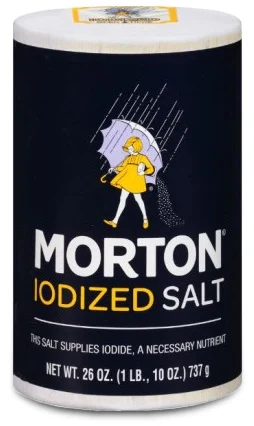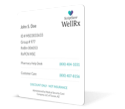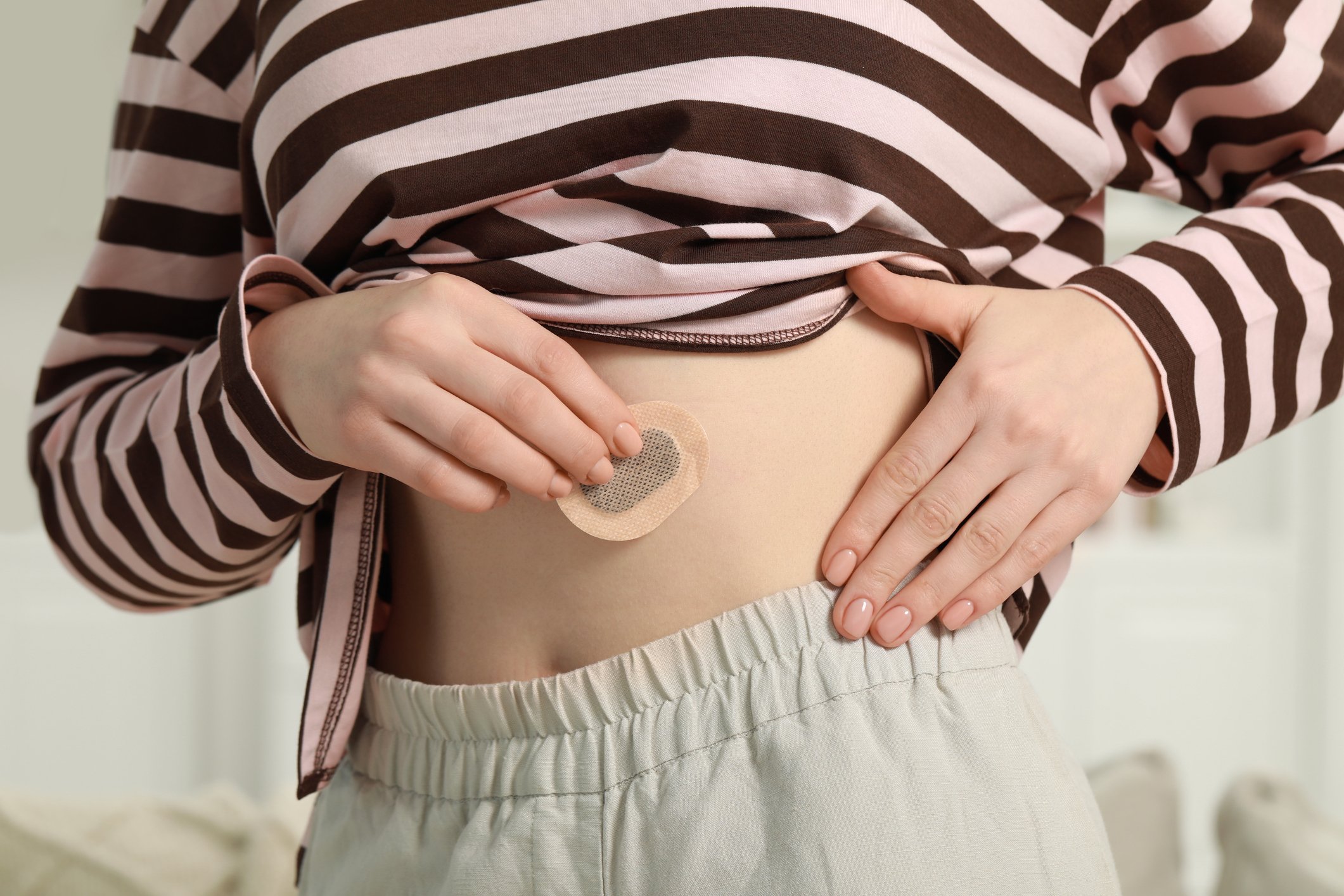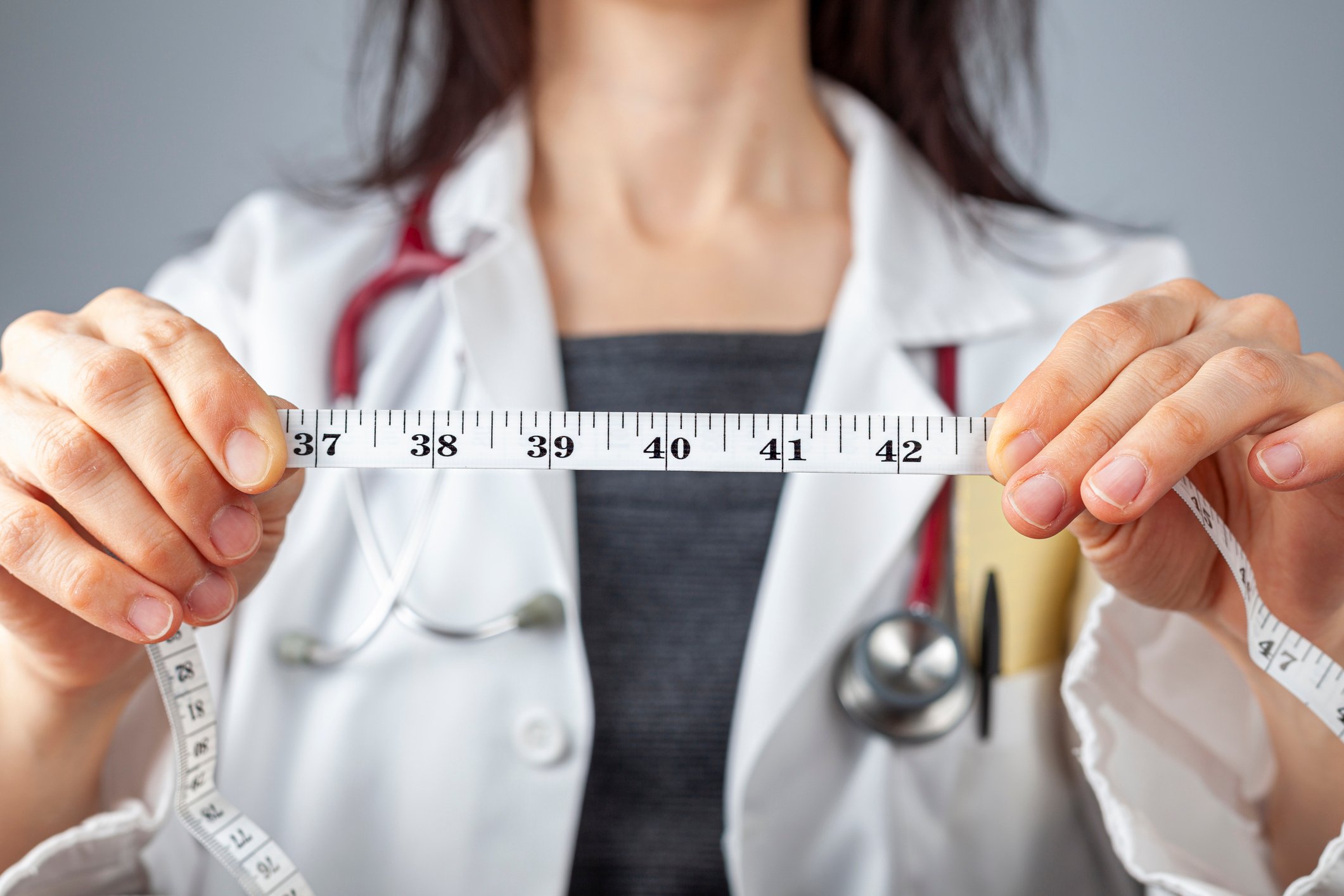Getting Enough Iodine When Eating a Heart Healthy Diet
by Marcus Harding, PharmD Candidate Class of 2019,
University of Arizona
September 5, 2018

What is Iodine and why is it important?
You may be wondering, “Why do I need iodine in my salt or other food?” Iodine is an essential element our bodies need that we cannot produce on our own, and therefore need to get it from food sources1. Iodine is needed to produce the thyroid hormone, which is important for bodily functions related to metabolism and how our cells use the energy they are given1. Iodine is found in foods such as cheese, milk, eggs, ice cream, saltwater fish, iodized table salt and some multivitamins1. Most people get their daily intake of iodine from iodized table salt1. There is, however, a large population of people who have heart disease or high blood pressure, who are asked by their doctors to not consume as much salt as others.
Who should reduce their salt intake and by how much?

Heart disease and high blood pressure afflict a large percent of the U.S. population today. The American Heart Association’s (AHA) Heart disease and Stroke Statistics of 2018 estimates that 31.1% of the world’s population has high blood pressure, and they predict that by 2035, more than 45% of the US population will have some form of cardiovascular disease2. It is because of these abnormally high numbers that the AHA has diet and lifestyle recommendations for being “heart healthy,” that they recommend to everyone, not just people who have heart disease or high blood pressure.
One such recommendation is to reduce the amount of sodium consumed each day. Sodium can cause water retention in your body, increasing blood pressure and making your heart work harder than it needs to3. The average American consumes more than 2,400 milligrams of sodium per day. The AHA recommends having less than 1,500 milligrams per day3. For reference, 1 teaspoon is about 2,300 mg of salt. The AHA reports that the body really only needs about 500 milligrams per day, so eating a heart healthy diet will still get you enough sodium to meet the daily requirements3.
How do I get enough Iodine on a low sodium diet?
So, what can you do to make sure you get enough iodine daily, while eating a heart healthy diet? It is simple. The body needs 150 micrograms of iodine per day1. For reference, a teaspoon of iodized salt contains about 400 micrograms of iodine1. If you wanted to cut out salt in your diet and be under 1500 milligrams of salt per day, that is still at least 260 micrograms of iodine per day, which is greater than the 150 micrograms a day that your body needs. Keep in mind that the majority of people in the US are getting such large amounts of sodium through salty snacks, processed meats, and the typical “unhealthy foods” that the AHA is trying to help people avoid. Make sure that the sodium you do consume is iodized so that you are reaching that 150-microgram daily recommendation.
Overall, there is no need to fear not getting enough iodine while restricting sodium in your diet, as long as you make sure the salt you eat is iodized, and not coming from processed meats, potato chips and other salty snacks. Following the American Heart Association’s recommendations, you should still be getting more than the recommended daily amount of iodine. If you are concerned about the amount of iodine in your diet, there are multivitamins out there that contain 150 micrograms that can be taken daily. As always, if you have any questions or concerns, your local pharmacist is well equipped to answer your questions and help guide you in the right direction.
References
- “Iodine Deficiency.” American Thyroid Association, http://thyroid.org/iodine-deficiency/.
- Benjamin, Emelia J, et all. “Heart Disease and Stroke Statistics— 2018 Update: A Report From the American Heart Association.” American Heart Association, 2 Mar. 2017, http://circ.ahajournals.org/content/137/12/e67.
- “How Much Sodium Should I Eat per Day?” Sodium Breakup, http://sodiumbreakup.heart.org/how_much_sodium_should_i_eat.
If you’re struggling to afford your prescription medications,
visit www.WellRx.com to compare the cash price at pharmacies near you.
You may find prices lower than your insurance co-pay!
Recommended Articles









